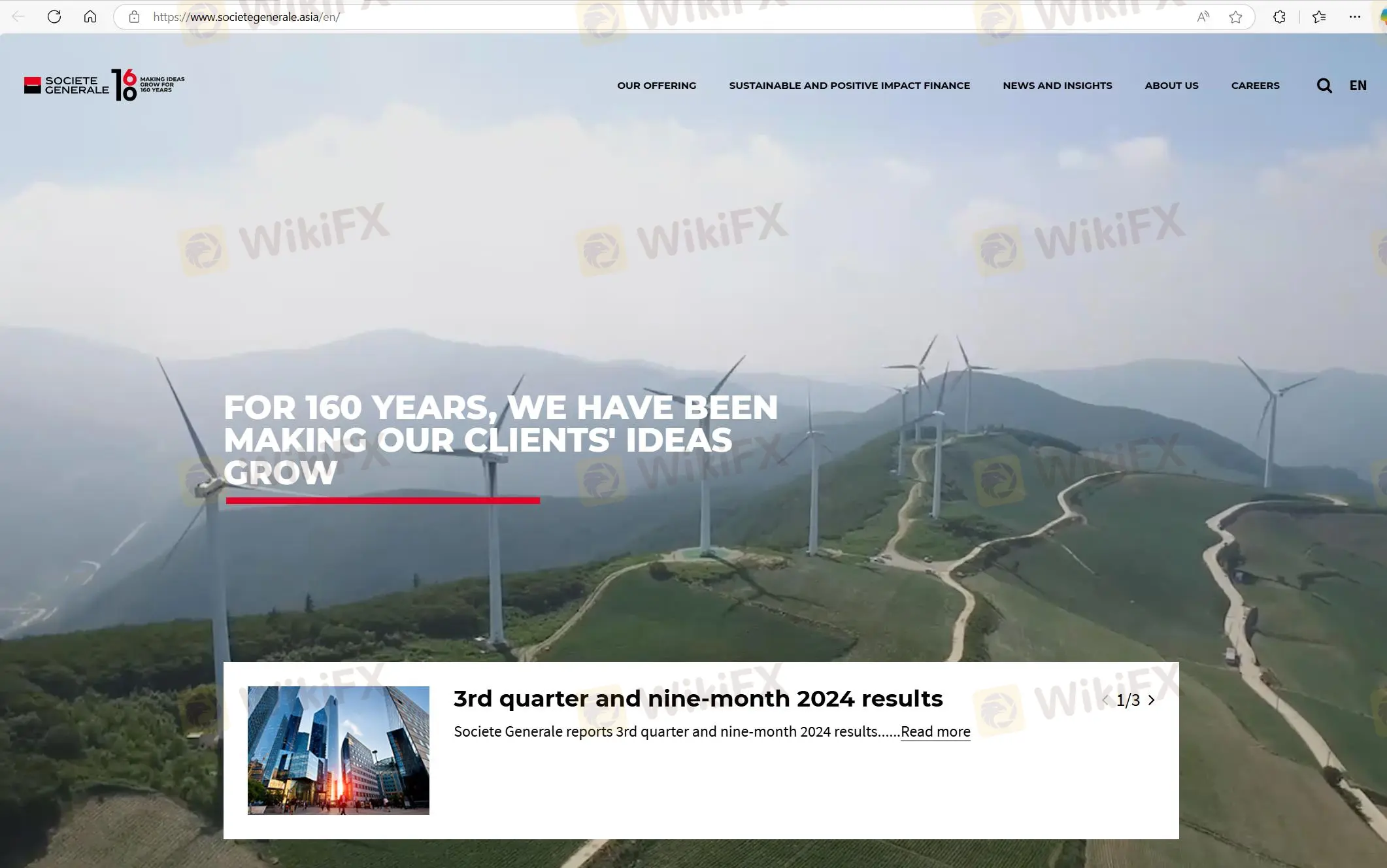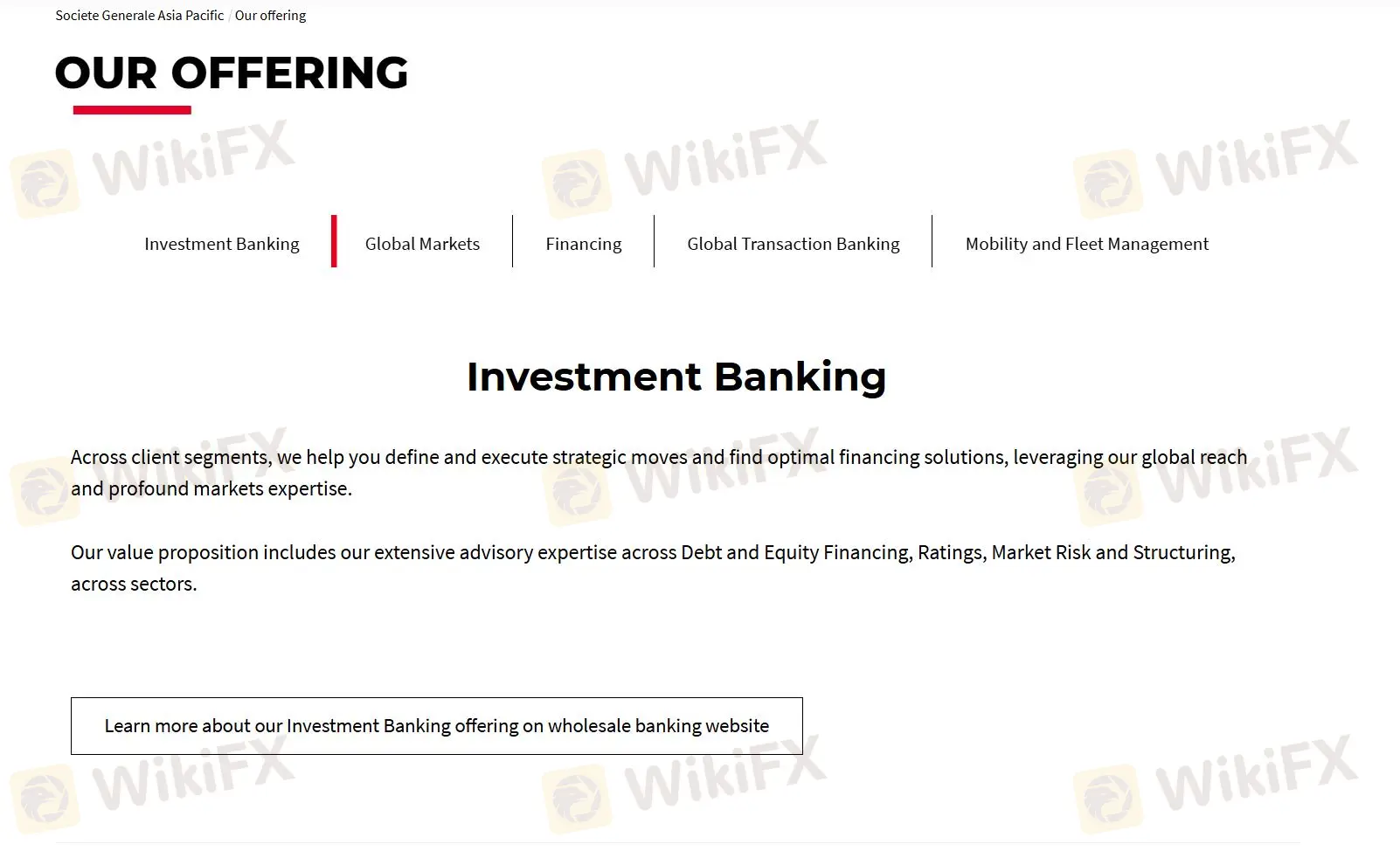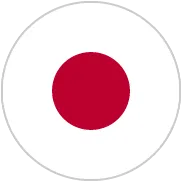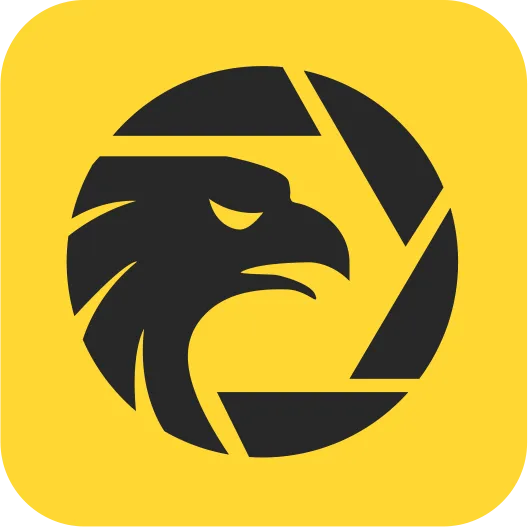Giới thiệu doanh nghiệp
| Societe Generale Tóm tắt đánh giá | |
| Thành lập | 1864 |
| Quốc gia/ Vùng đăng ký | Pháp |
| Quy định | Được quy định bởi FSA |
| Dịch vụ | Ngân hàng đầu tư, Tài trợ, Tài chính thiết bị, Thị trường toàn cầu, Ngân hàng giao dịch toàn cầu (GTB), Di động và Quản lý đội xe |
| Hỗ trợ khách hàng | Mẫu liên hệ |
| Email: ASIAPAC-MediaRelations@socgen.com; | |
| Twitter: @SocGen_India | |
| LinkedIn: @SocieteGenerale, @SGCIB | |
| Facebook: @Societe Generale | |
| Thông tin chi tiết về văn phòng châu Á Thái Bình Dương: https://www.societegenerale.asia/en/about-asia-pacific/locations/ | |
Thông tin Societe Generale
Societe Generale, được thành lập ban đầu vào năm 1864 tại Pháp, là một trong những ngân hàng hàng đầu châu Âu phục vụ khách hàng doanh nghiệp, tổ chức và cá nhân trong 65 quốc gia trên toàn cầu. Ngân hàng này có hơn 20 văn phòng tại khu vực châu Á Thái Bình Dương, và trụ sở khu vực đã được mở vào năm 1977 tại Hồng Kông.
Ngân hàng này hoạt động trong nhiều lĩnh vực trong ngành tài chính bao gồm ngân hàng đầu tư, tài trợ, tài chính thiết bị, thị trường toàn cầu, ngân hàng giao dịch toàn cầu (GTB), di động và quản lý đội xe.

Ưu điểm và Nhược điểm
| Ưu điểm | Nhược điểm |
| Được quy định bởi FSA | Thông tin hạn chế về điều kiện giao dịch |
| Lịch sử lâu đời trong ngành tài chính | |
| Dịch vụ tài chính đa dạng | |
| Phạm vi toàn cầu |
Societe Generale có uy tín không?
Societe Generale được chính thức được quy định bởi FSA (Cơ quan Dịch vụ Tài chính) với số giấy phép 関東財務局長(金商)第1770号.
| Quốc gia được quy định | Cơ quan quy định | Tình trạng quy định | Thực thể được quy định | Loại giấy phép | Số giấy phép |
 | FSA | Được quy định | ソシエテ・ジェネラル証券株式会社 | Giấy phép Forex Bán lẻ | 関東財務局長 (金商) 第1770号 |
Dịch vụ
Societe Generale cung cấp một loạt các dịch vụ tài chính trong nhiều lĩnh vực khác nhau:
Ngân hàng đầu tư: Cung cấp tư vấn chiến lược, tài trợ nợ/vốn, xếp hạng và giải pháp quản lý rủi ro thị trường, hỗ trợ khách hàng trong các ngành công nghiệp với phạm vi toàn cầu và chuyên môn sâu sắc.
Thị trường toàn cầu: Cung cấp giải pháp đầu tư (sản phẩm niêm yết, chiến lược định lượng), tài trợ cho tài sản lưu động và không lưu động, và quản lý rủi ro thông qua các giải pháp chứng khoán phái sinh, thu nhập cố định và giải pháp tiền tệ.
Dịch vụ gia tăng giá trị: Cung cấp nghiên cứu đa tài sản, tư vấn tùy chỉnh và dịch vụ kỹ thuật số qua SG Markets, giúp khách hàng với các giải pháp tùy chỉnh, ý tưởng giao dịch và dịch vụ sau giao dịch.
Tài trợ: Kết hợp chuyên môn cho vay toàn cầu với tư vấn để tài trợ phát triển doanh nghiệp và tối ưu hóa chiến lược tài chính cho doanh nghiệp, tổ chức tài chính và chính phủ.
Ngân hàng Giao dịch Toàn cầu: Cung cấp dịch vụ tích hợp cho thanh toán, quản lý thanh khoản, tài trợ thương mại và tài chính chuỗi cung ứng trên hơn 50 quốc gia.
Quản lý Di động & Đội xe: Thông qua Ayvens, Societe Generale cung cấp dịch vụ cho thuê xe toàn diện cho hơn 550.000 khách hàng doanh nghiệp, quản lý một đội xe gồm 3,4 triệu xe trên toàn thế giới.
























